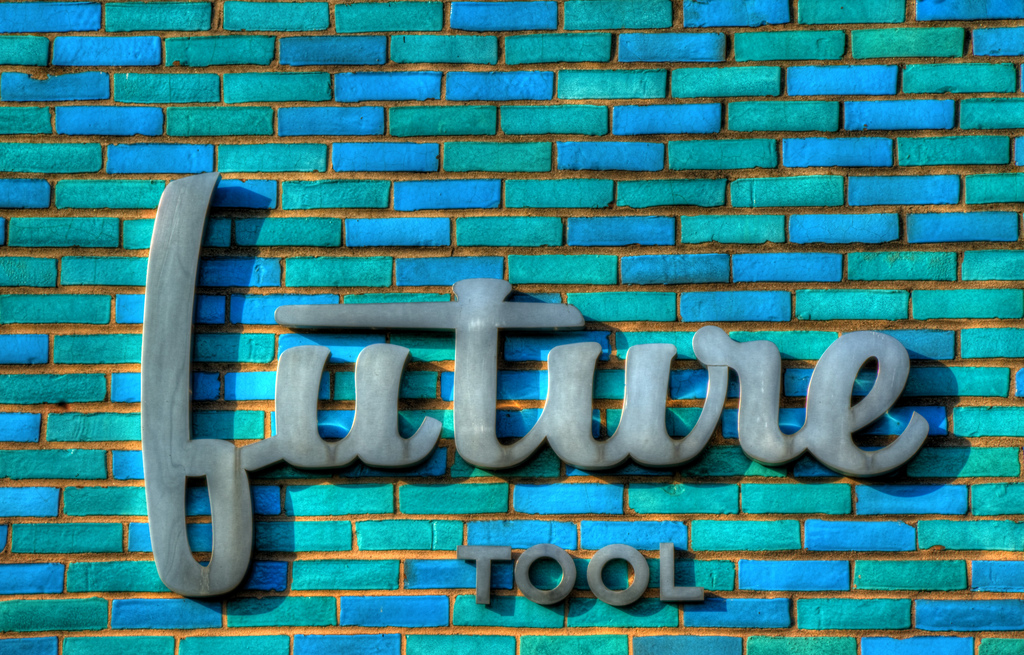c21st British Novel
Whilst working at the University of Surrey, I designed a third-year optional module on "The Twenty-First Century British Novel." The module offers students the opportunity to explore the British novel and its formal and thematic developments from 2000 to the present day – understanding the term "British" as an inclusive concept that is increasingly being articulated through debates concerning transnational and cosmopolitan migrations and exchanges.
In interrogating the ways in which contemporary British novels participate within shaping and exploring new ways of constructing identity, the module is sub-divided into: (1) challenges to realism and aesthetic experimentation (Kazuo Ishiguro, Ali Smith); (2) the proliferation of apocalyptic imaginaries and ecological futurities, as well as a resurgence of interest in the blurred relationships between "genre" and "literary fiction" (David Peace, China Miéville, Jeanette Winterson); (3) the role of atheism and secular discourse after 9/11 transformed global perceptions of terror and its relationship with religious fundamentalism (Philip Pullman, Ian McEwan); and (4) developments in the vocabularies of multiculturalism, globalization and cosmopolitan subjectivities (Zadie Smith, David Mitchell).
Click here to view the module descriptor: The 21st Century British Novel.
Thumbnail image by Scott Smithson under a CC BY-NC-ND license.







 Dr Caroline Edwards is Senior Lecturer in Modern & Contemporary Literature at Birkbeck, University of London. Her research and teaching specialisms are in 21st century literature and critical theory, science fiction and post-apocalyptic narratives, Marxist aesthetics, and utopianism.
Dr Caroline Edwards is Senior Lecturer in Modern & Contemporary Literature at Birkbeck, University of London. Her research and teaching specialisms are in 21st century literature and critical theory, science fiction and post-apocalyptic narratives, Marxist aesthetics, and utopianism.
Actually Consider Phlebas is the hardest of them all, I found. The othres are very engaging, and there’s no real need to read them in order. Try The Player of Games and or Use of Weapons. Note that Iain Banks with no M. is the same author writing non Culture novels with an occasional frisson of science fiction. Which leads to odd situations like people who eagerly read everything by one of the two names and little or nothing by the other.